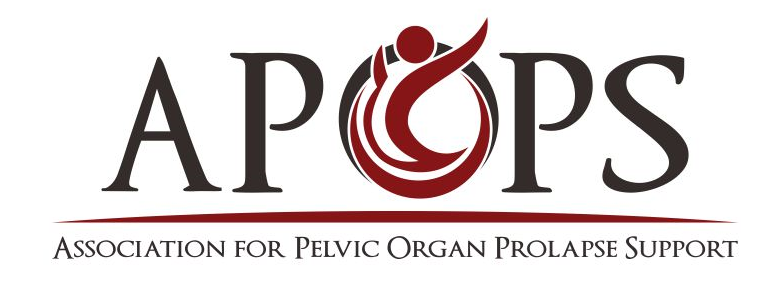Following is a transcript of the speech given by Sherrie Palm at the FDA Obstetrics and Gynecology Devices Panel transvaginal mesh meeting on February 12, 2019.
I’m Sherrie Palm, the founder of the Association for Pelvic Organ Prolapse Support (APOPS). Neither me nor APOPS has any financial conflicts of interest. In full disclosure, I am a transvaginal mesh success story, 11 years post transvaginal mesh cystocele and rectocele repair, and native tissue enterocele repair.
Pelvic organ prolapse is not an American women’s health issue, it is a global women’s health pandemic. Since 2010, APOPS has been engaging with women, healthcare, academia, research, industry and policy, a 177 nation strong network. The women we serve are mid-teens through end of life, navigating every diverse POP issue, including the mesh vs native tissue debate. APOPS has considerable following in the UK and Australia; obviously mesh comes up regularly.”
Read more
